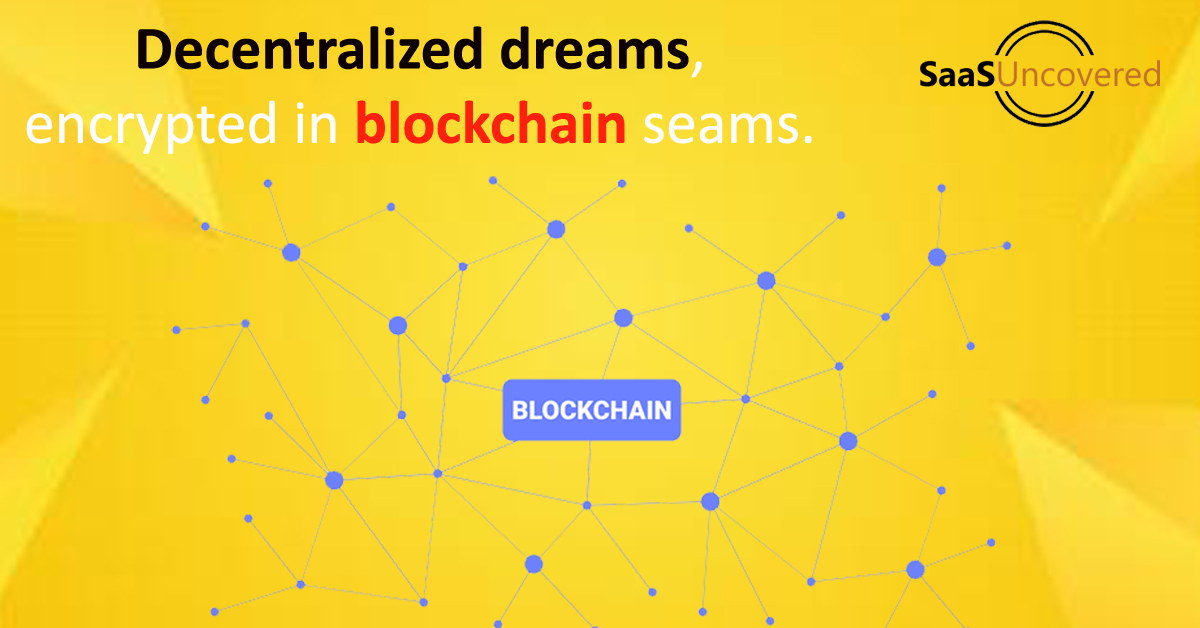Blockchain
Blockchain is a fixed, shared ledger that process the tracking of assets and recording of transactions across a business network.
Updated: October 14, 2023

Blockchain is a fixed, shared ledger that process the tracking of assets and recording of transactions across a business network. Information stored in the blockchain becomes difficult to hack or disrupt due to the immutable nature of blockchain.
The blockchain process starts with an individual or group requesting a transaction or transactions. The transaction is funneled into a P2P network and broadcast to nodes, or individual computers after the request. The nodes are validated against an algorithm and, added to the public ledger if approved. The transaction is complete and immutable once this has been done.
Security, immutability and transparency are benefits of using blockchain. A secure and immutable means can be provided by blockchain to conduct transactions online. The finance industry may have impact of using blockchain. Individuals and groups will continue to look towards online payment as digital transactions become more common. Institutions may be pushed towards blockchain due to this along with the security provided by it. Blockchain is permanent, secure, and easily accessible by many unlike databases. Databases and related technology may eventually be considered too risky for businesses without these assurances.
Asset tokenization software, Blockchain analysis software, Blockchain developers, Blockchain as a Service providers and Blockchain payment systems are different types of blockchain software and services.
Types of blockchain software
- Public Blockchain Software
- Private Blockchain Software
- Consortium Blockchain Software
- Permissionless Blockchain Software
- Permissioned Blockchain Software
- Ethereum
- Hyperledger Fabric
- Corda
- Quorum
- Binance Smart Chain
